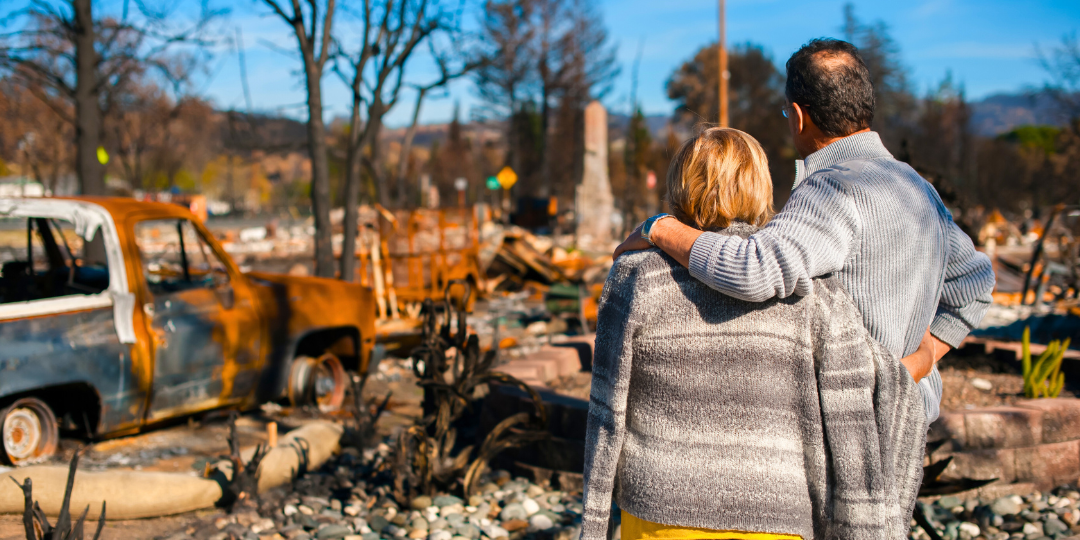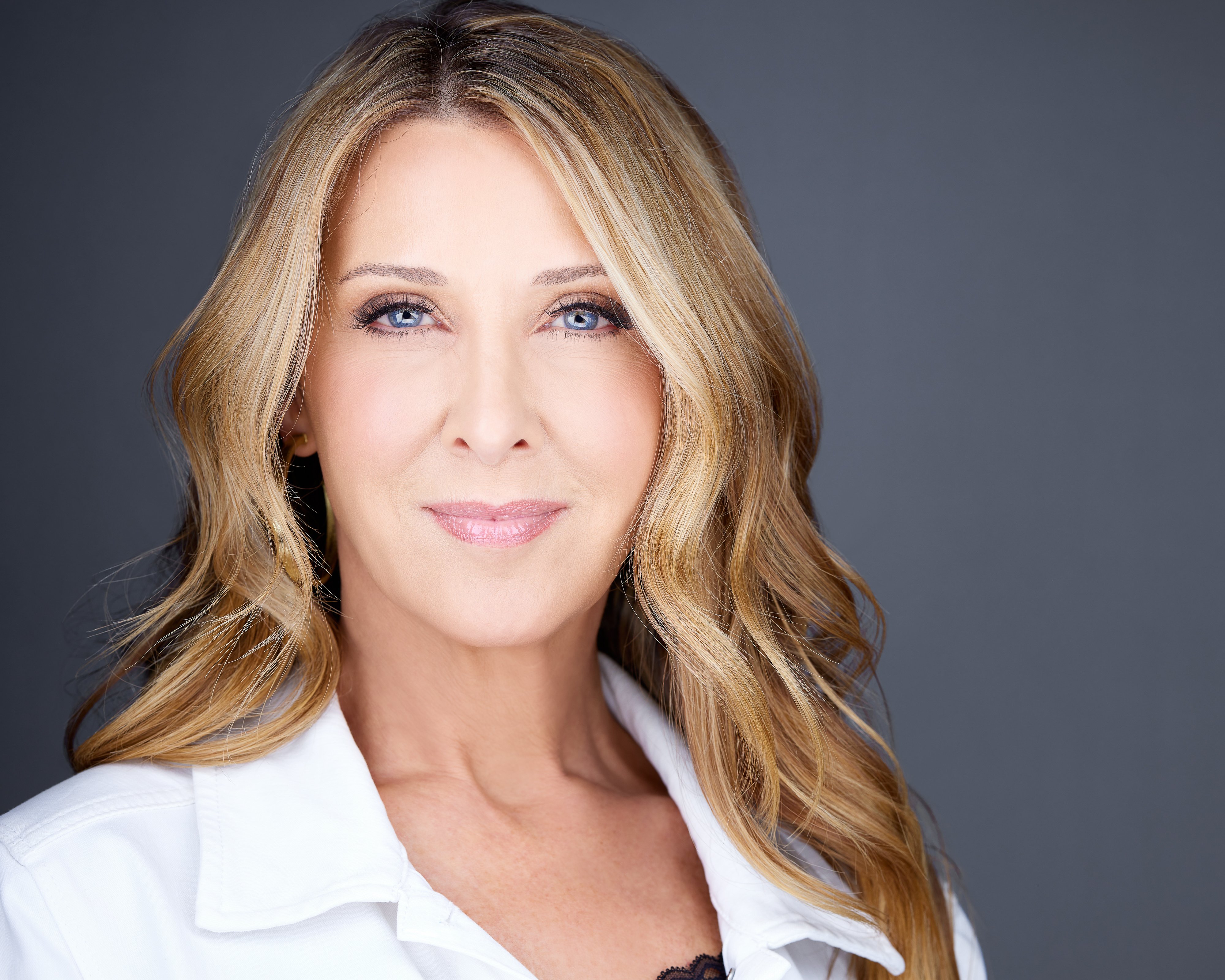
Recent tragedies remind Lorraine Hess not to assume how our children are processing the news.
As I write, my beloved city, New Orleans, is grieving the aftermath of the New Year’s Day terrorist attack in the French Quarter. My family was vacationing in Tennessee when we awoke to the news of the violence that had occurred only fifteen minutes from our home. It was surreal to watch news reporters at the scene of a place we have been many times.
I admit New Orleans has been in the news for undesirable things before, but never a terrorist attack. As we waited at the airport for our flight home that day, I was addicted to any bit of news I could find. Certainly, there had to be answers to questions like, “How did this happen,” “Who was responsible,” and “Was anyone injured or killed that I personally knew?”
I tried to pray, but the only words I could utter were, “God, have mercy on us.”
How Children Process Bad News
Several days after the tragedy, I thought about how children process news like this. My children are grown now, but when they were little, we had to carefully navigate through Hurricane Katrina, so they felt safe and protected. We had no idea how they were absorbing all of it. They knew we had packed up and moved to Texas for a few months, but it was hard to shield them from the disaster when we were so immersed in it. They had lost contact with all their friends and teachers, with very little explanation.
Today, children are exposed to news of school shootings, natural disasters, assassination attempts, and wars around the globe. How does one explain to children that God is good when they see so much in the world that is not? Of course, depending on the ages of our children, there are different levels of information they can handle, but if they are old enough to attend school, scroll through social media, and watch television, they are going to hear about it somewhere. We, as parents, need to keep our antennae up about how these events might impact our children’s mental health and feelings of security.

3 Ways Parents Can Help Their Kids During a Crisis
Limit Access to News
I would like to suggest the importance of limiting their access to the news. When news is evolving, it is tempting to keep the television running to stay abreast of new developments. A quick check at the top of the hour might be enough. As adults, we could also benefit from limiting our consumption of news, which can cause insomnia, anxiety, and depression.
Be Alert to Kids who Suffer Silently
During Hurricane Katrina, it was tempting to assume that if my kids didn’t talk about it, it wasn’t bothering them. However, an HBO documentary, Katrina Babies (2022), revealed that couldn’t be further from the truth. No one was asking the children how they felt about the hurricane. The entire city was deep in restoration challenges, insurance nightmares, and depression, and the children were silently suffering as well. During the whole aftermath of Katrina, the children were listening. To what? The news, their parents on the phone, their friends’ stories of death, loss of property, and much more.
Ask Children How They Feel
Looking back, I realize I did not ask my kids enough open-ended questions about how they were feeling. I have four boys; getting them to talk is a challenge anyway! Perhaps I was afraid I wouldn’t be able to answer their questions.
I have no advice to you about what exactly to say. Each child is different. But tragedy stories are all around us. If we don’t converse with our kids about it (age appropriately, of course), someone else will. We have no idea what they are thinking if we don’t find ways to get them to express their thoughts. Case in point: a friend of mine was packing an ice chest to go fishing about a year after Katrina. His then 8-year-old saw the ice chest, ran to his room and locked his bedroom door. When my friend asked him what was wrong, he said, “I’m not leaving for another hurricane.” The little boy had made an association between the ice chest and the hurricane because they had used it pack food for the evacuation. No one could have anticipated an ice chest would be a trigger.
In 1968, Mr. Rogers’ Neighborhood aired an episode after the assassination of Robert Kennedy that addressed, in very simple terms, what an assassination was. The puppet, Daniel, asked the question, representing children who might be wondering the same thing. It was cutting-edge for a children’s show to discuss grownup issues, but Mr. Rogers was a genius at understanding the child’s mind.

Whether tragedy happens close to home or far away, let us keep in touch with our children, so we can help them navigate their feelings, address their concerns, and if necessary, get them the help they need. Lean on the Holy Spirit who will help us respond.
Share your thoughts with the Catholic Mom community! You'll find the comment box below the author's bio and list of recommended articles.
Copyright 2025 Lorraine Hess
Images: Canva
About the Author

Lorraine Hess
Lorraine Hess is a nationally published Catholic singer, songwriter, speaker, and recording artist from New Orleans. She is Director of Music Ministry at St. Catherine of Siena, New Orleans and has served in music ministry since age sixteen. Lorraine has seven albums of original sacred music, and has performed in the US, Canada, and Europe. For more info, visit LorraineHess.com.


.png?width=1806&height=731&name=CatholicMom_hcfm_logo1_pos_871c_2728c%20(002).png)
Comments